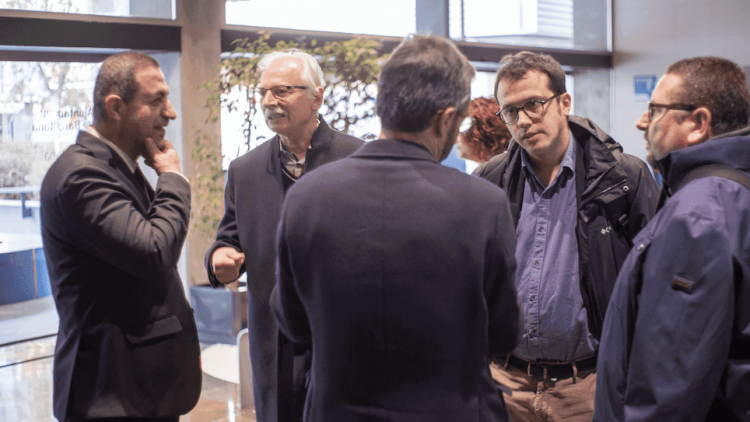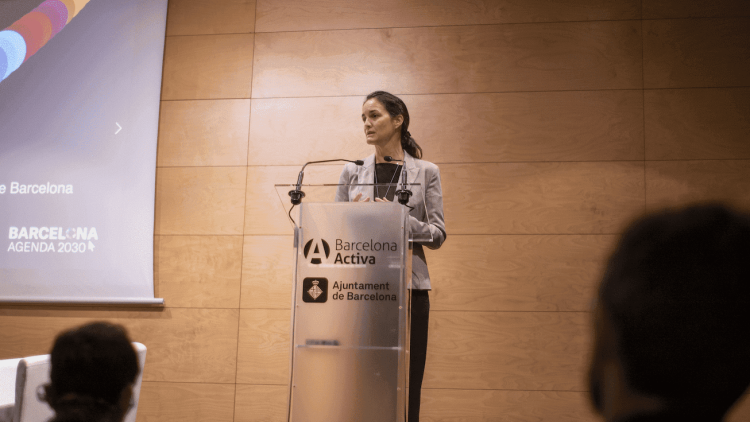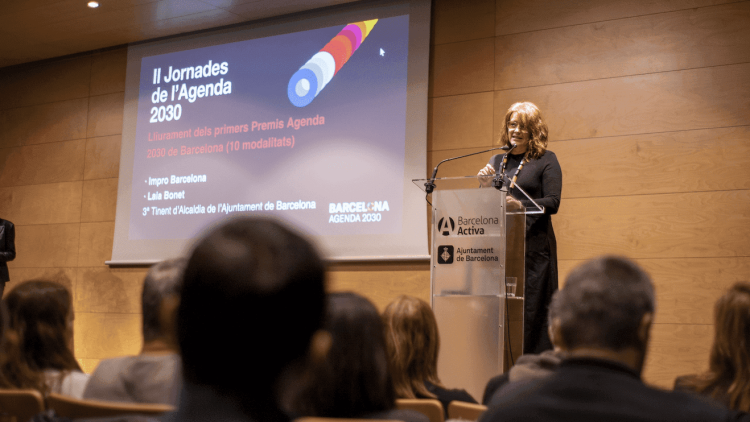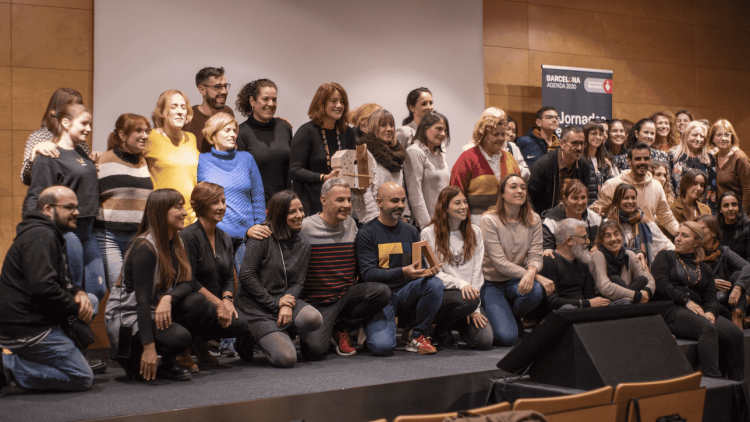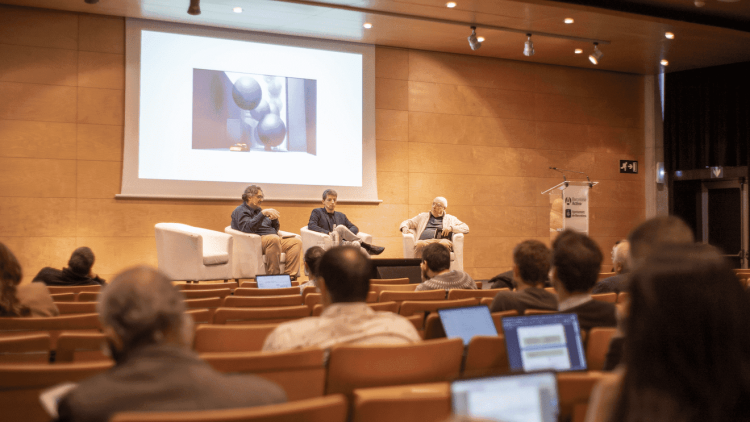

2nd 2030 Agenda Meeting
In 2015, all States of the world approved the 2030 Agenda for Sustainable Development. It consists of 17 objectives (the SDGs) that want to transform the ways of producing and consuming, of social organizing and policy making. In this turbulent 21st century, it is about ensuring that humanity can develop well, without poverty, at peace with itself and with the planet that hosts it. With all its limitations, the SDGs are today the only truly global framework for action we have to face the enormous challenges ahead, and the only one compatible with respect for the human rights of all people.
But the 2030 Agenda is only feasible if society gets involved, at all levels. Consistent with its double vocation, municipalist and internationalist, the Barcelona City Council has adopted the SDGs as a framework of reference for its policies. It is about working from close proximity to improve people's lives, but with connection and commitment to the world; especially with sister cities, with which Barcelona shares difficulties, hopes and dreams.
With this spirit we present the Second Conference of the Barcelona 2030 Agenda. Two days of face-to-face meetings, designed to generate exchange, open discussion and transformative energy. Faced with such a complicated scenario, we asked ourselves how the SDGs can positively influence the governance of cities, driving change and making them accountable for the work done. We also saw how this is being done, in Barcelona and in other places, and we will talk about how to better coordinate the action for the SDGs that is carried out by the various administrations.
The second day has been dedicated to one of the most critical factors for sustainable development: energy. The transition to forms of energy that do not generate greenhouse gas emissions is an imperative need, which must be made compatible with economic health and social well-being. We are talking about an extremely complex challenge, for which we need a strong and cross-sectional political commitment, but also great flexibility in methods, with the ability to quickly learn from all successful experiences.
In between, on the afternoon of the 29th, the ceremony held to give out the first Awards of the Barcelona 2030 Agenda, in 10 different modalities. It was a moment of celebration and recognition for all the schools, entities and companies that have managed to unite commitment and creativity for the SDGs.
These are the presentations that were shown at the II Jornades de l'Agenda 2030:
- “¿Cómo pueden configurar los ODS la agenda política de las ciudades?” - Pablo Martínez Osés
- “Pathways to urban and territorial equality” - Ainara Fernández Tortosa
- “The ODS and the action of cities against inequality: a Mediterranean perspective” - Nasir Qandeel
- Presentació de Lotfi Ben Aissa
- “Avaluacions i Agenda 2030: oportunitats, reptes i condicionants” - Marc Balaguer
- “Anàlisi quantitativa de l’impacte de les polítiques en la consecució dels ODS” - Raffaele Sisto
- “Hacia un modelo de priorización de las metas ODS” - Julia Urquijo / Carlos Illán Sailer
- “Informe anual de l’Agenda 2030 de Barcelona” - Ramon Canal
- “Crisis Energética y ODS: ¿Una oportunidad?” - Natalia Fabra
- “Descarbonizadas… ¿y prósperas? Perspectivas económicas de las cuidades del año 2030”
- “Descarbonitzada… i pròspera? Perspectives econòmiques per a la Barcelona de 2030” - Enric Tello
- “La misión europea de ciudades climáticamente neutras” - Julio Lumbreras
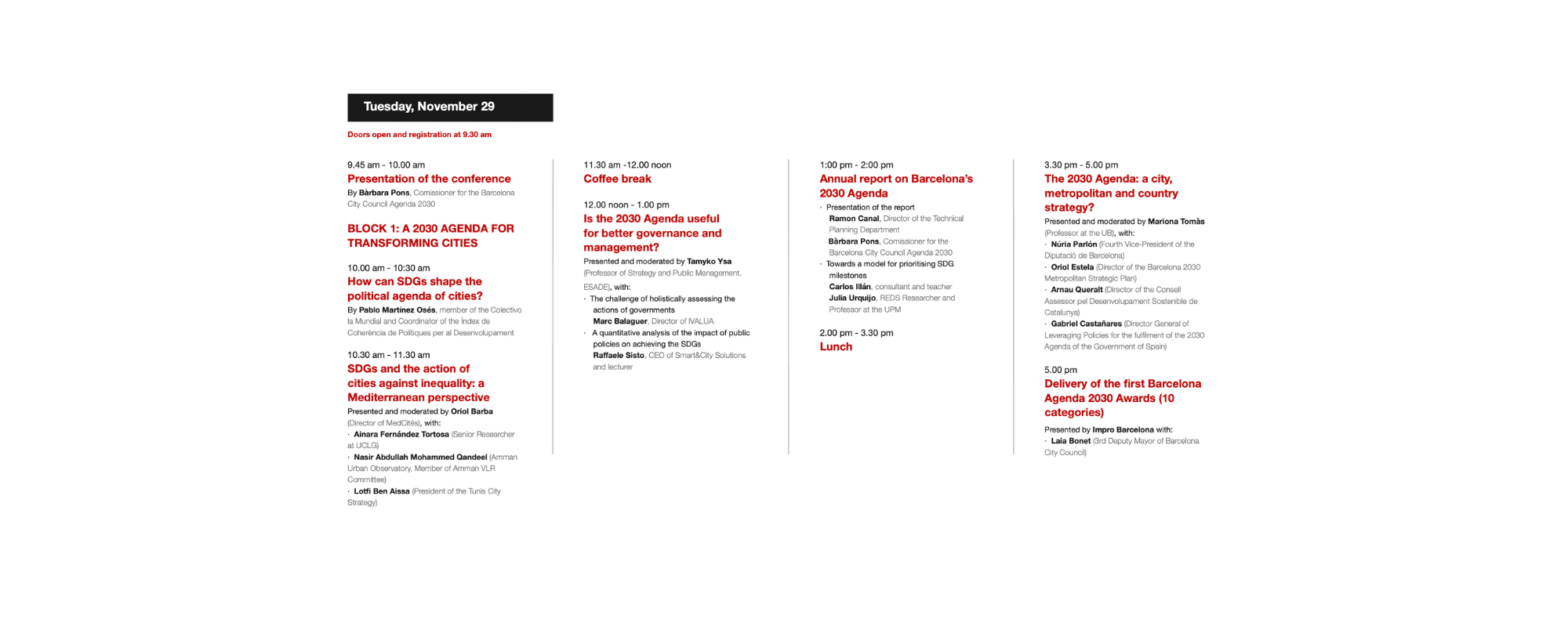
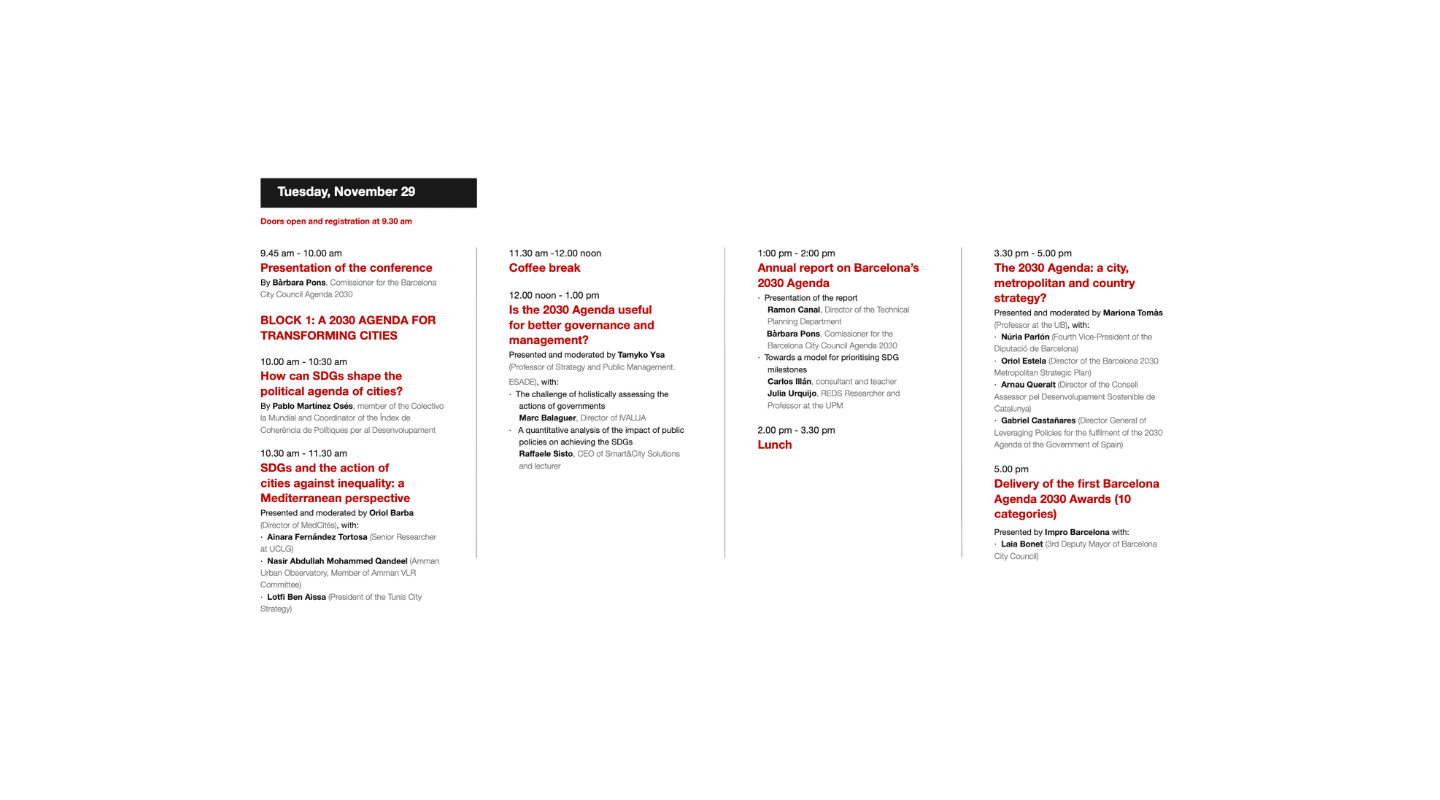
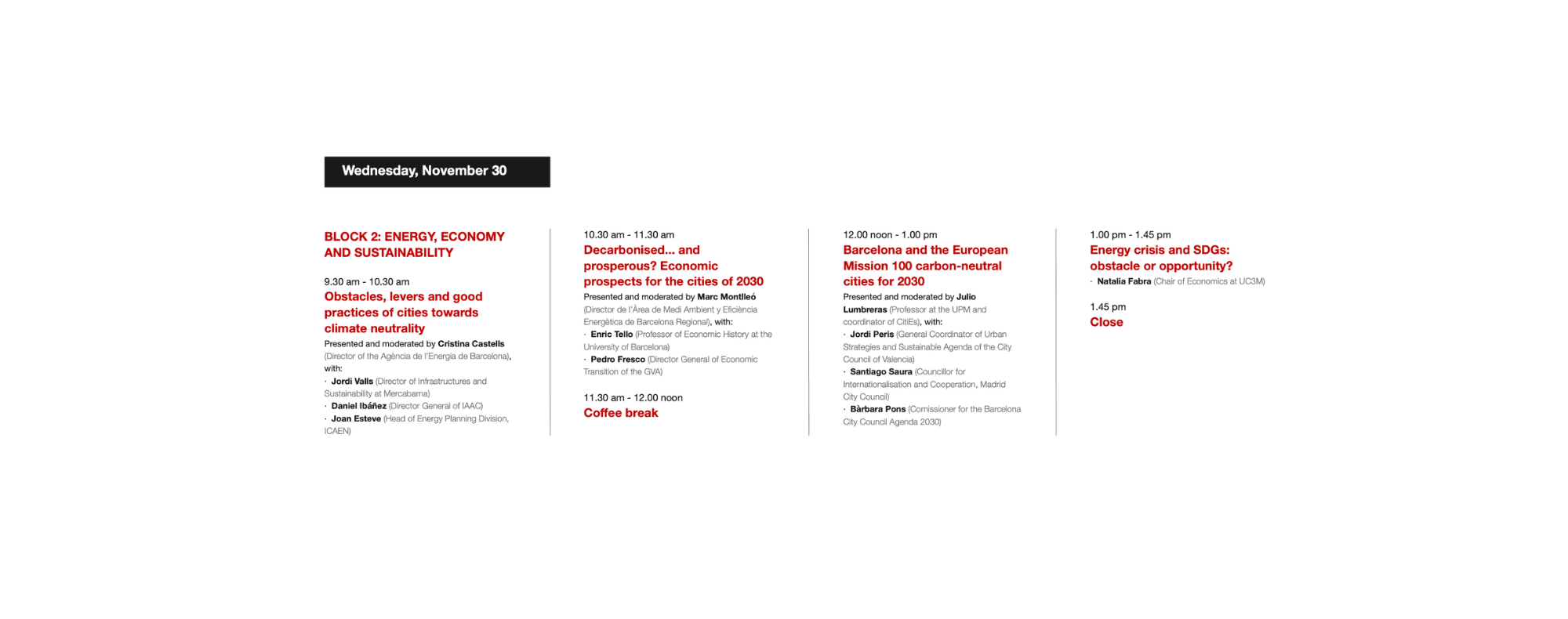
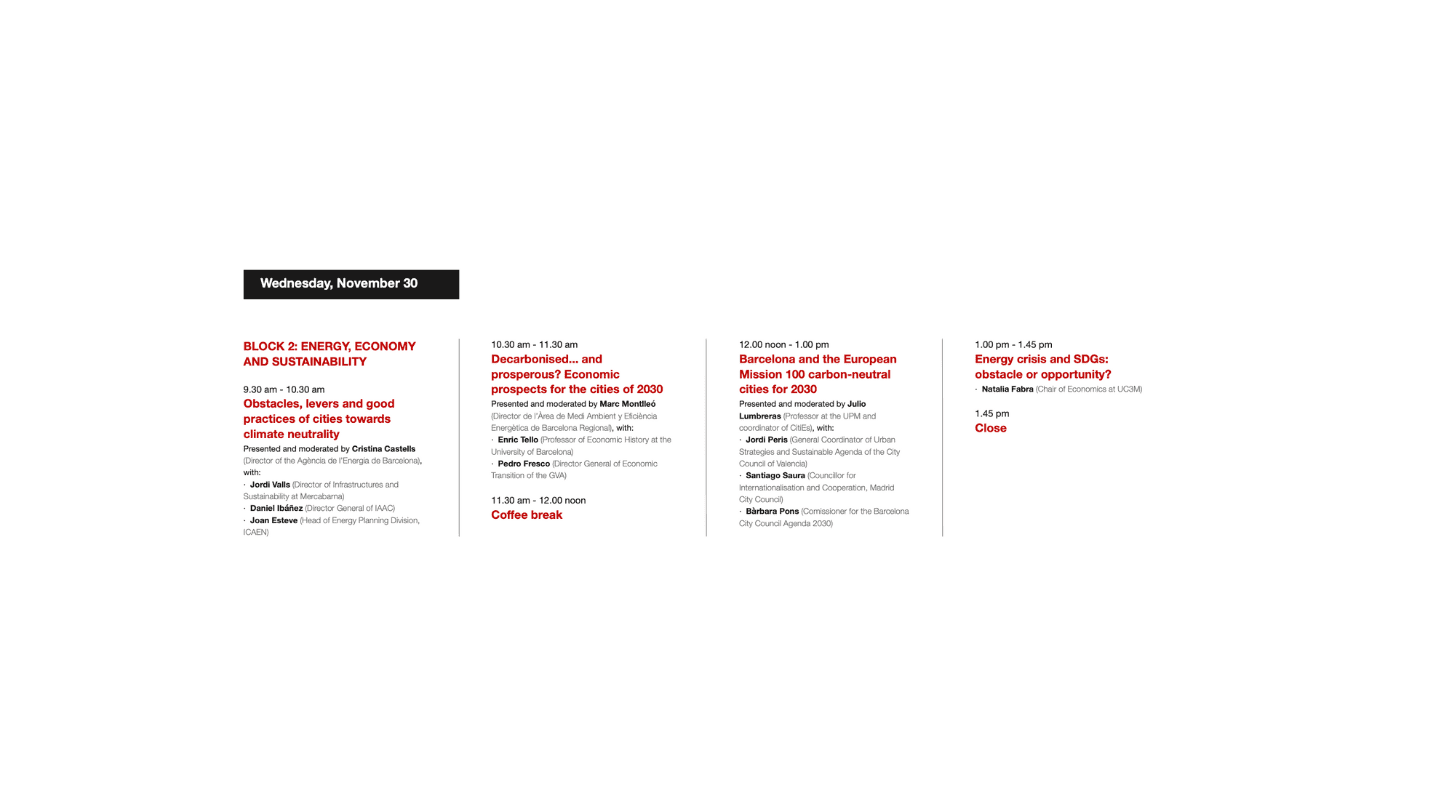
Speakers
-
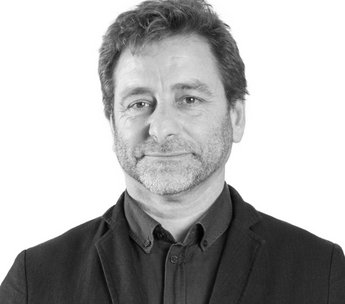 Marc Balaguer
Marc BalaguerDirector of IVALUA
-
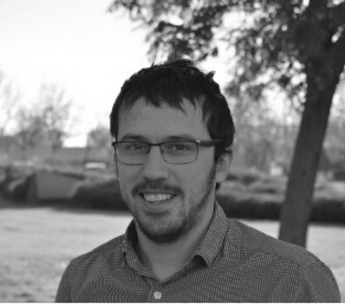 Oriol Barba
Oriol BarbaDirector of MedCités
-
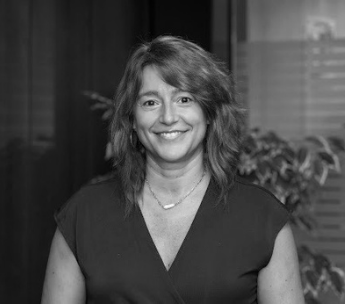 Laia Bonet
Laia Bonet3rd Deputy Mayor of Barcelona City Council
-
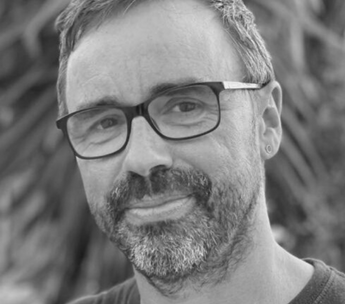 Ramon Canal
Ramon CanalDirector of the Technical Planning Department
-
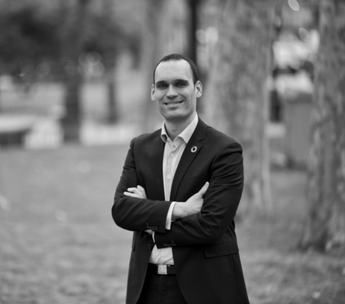 Gabriel Castañares
Gabriel CastañaresDirector General of Leveraging Policies for the fulfillment of the 2030 Agenda of the Government of Spain
-
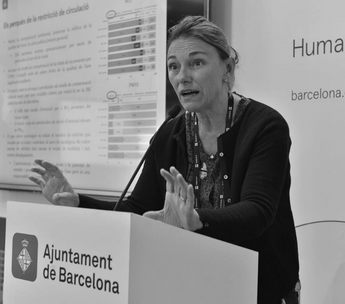 Cristina Castells
Cristina CastellsDirector of the Agència de l’Energia de Barcelona
-
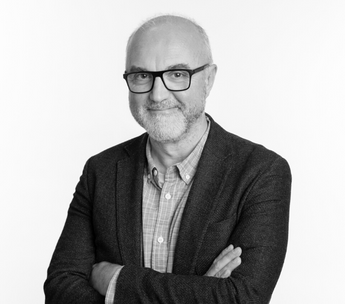 Oriol Estela
Oriol EstelaDirector of the Barcelona 2030 Metropolitan Strategic Plan
-
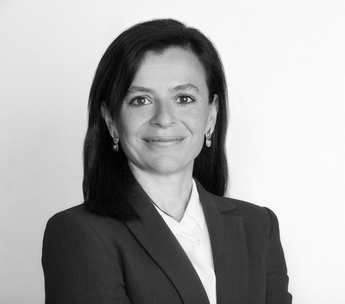 Natalia Fabra
Natalia FabraChair of Ecnomomics at UC3M
-
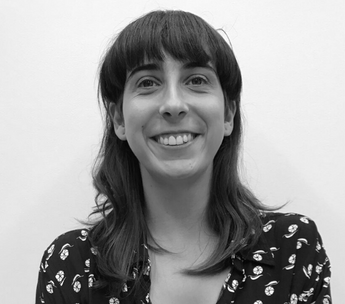 Ainara Fernández
Ainara FernándezSenior Researcher at UCLG
-
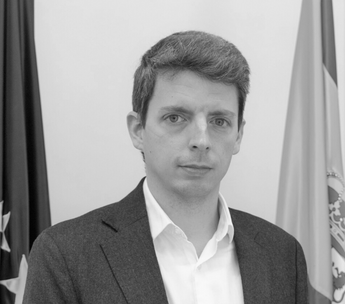 Pedro Fresco
Pedro FrescoDirector General of Economic transition of the GVA
-
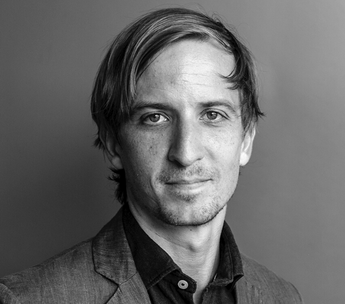 Daniel Ibáñez
Daniel IbáñezDirector General of IAAC
-
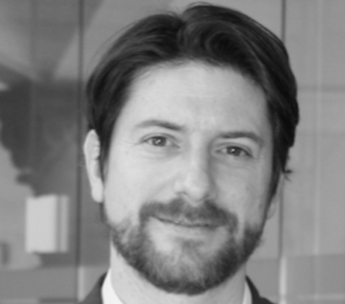 Julio Lumbreras
Julio LumbrerasProfessor at the UPM and coordinator of CitiEs
-
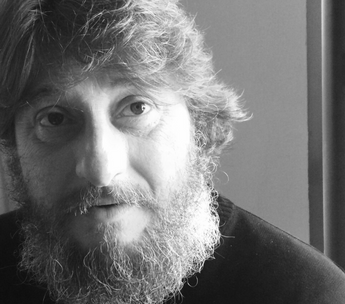 Pablo Martínez Osés
Pablo Martínez OsésMember of the Colectivo la Mundial and Coordinator of the Índex de Coherència de Polítiques per al Desenvolupament
-
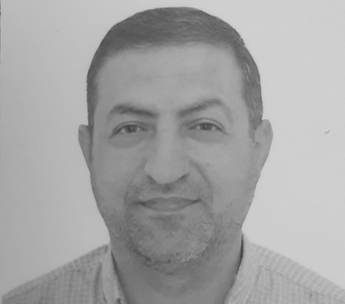 Nasir Abdallah Mohammad Qandeel
Nasir Abdallah Mohammad QandeelAmman Urban Observatory, Member of Amman VLR Committee
-
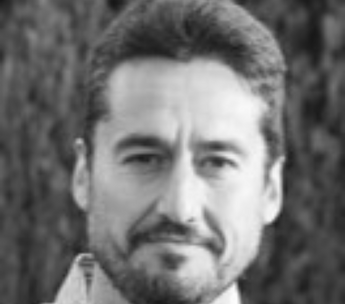 Jordi Peris
Jordi PerisGeneral Coordinator of Urban Strategies and Sustainable Agenda of the City Council of Valencia
-
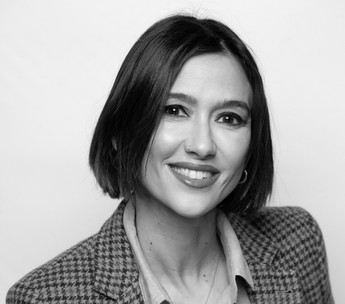 Núria Parlón
Núria ParlónFourth Vice-President of the Diputació de Barcelona
-
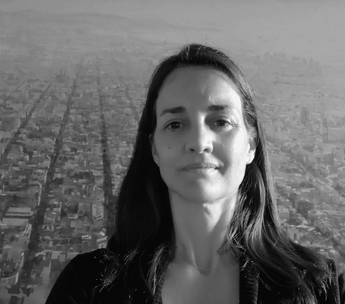 Bàrbara Pons
Bàrbara PonsComissioner for the Barcelona City Council Agenda 2030
-
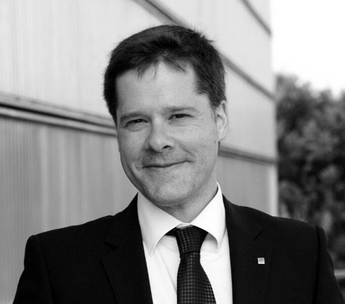 Arnau Queralt
Arnau QueraltDirector of the Consell Assessor pel Desenvolupament Sostenible de Catalunya
-
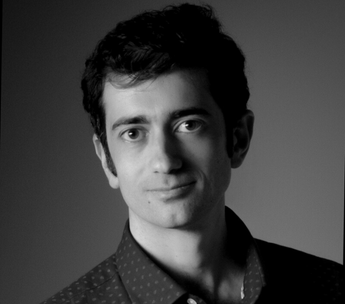 Raffaele Sisto
Raffaele SistoCEO of Smart&City Solutions and lecturer
-
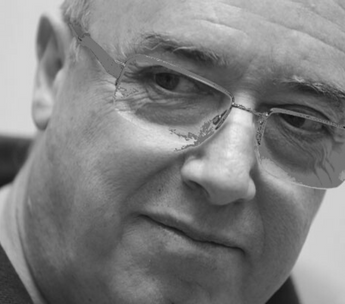 Enric Tello
Enric TelloProfessor of Economic History at the University of Barcelona
-
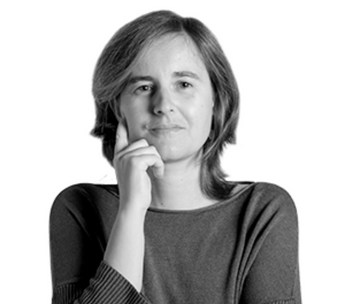 Mariona Tomás
Mariona TomásProfessor at the UB
-
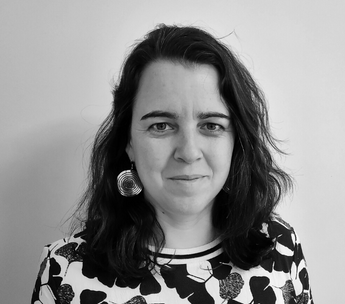 Julia Urquijo
Julia UrquijoREDS Researcher and Professor at the UPM
-
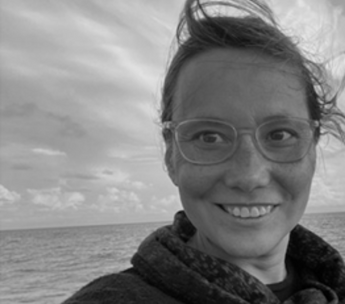 Tamyko Ysa
Tamyko YsaProfessor of Strategy and Public Management, ESADE
-
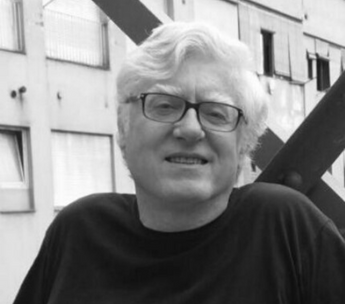 Joan Esteve
Joan EsteveHead of Energy Planning Division, ICAEN
-
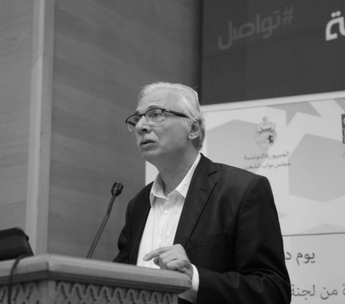 Lotfi Ben Aissa
Lotfi Ben AissaPresident of the Tunis City Strategy


